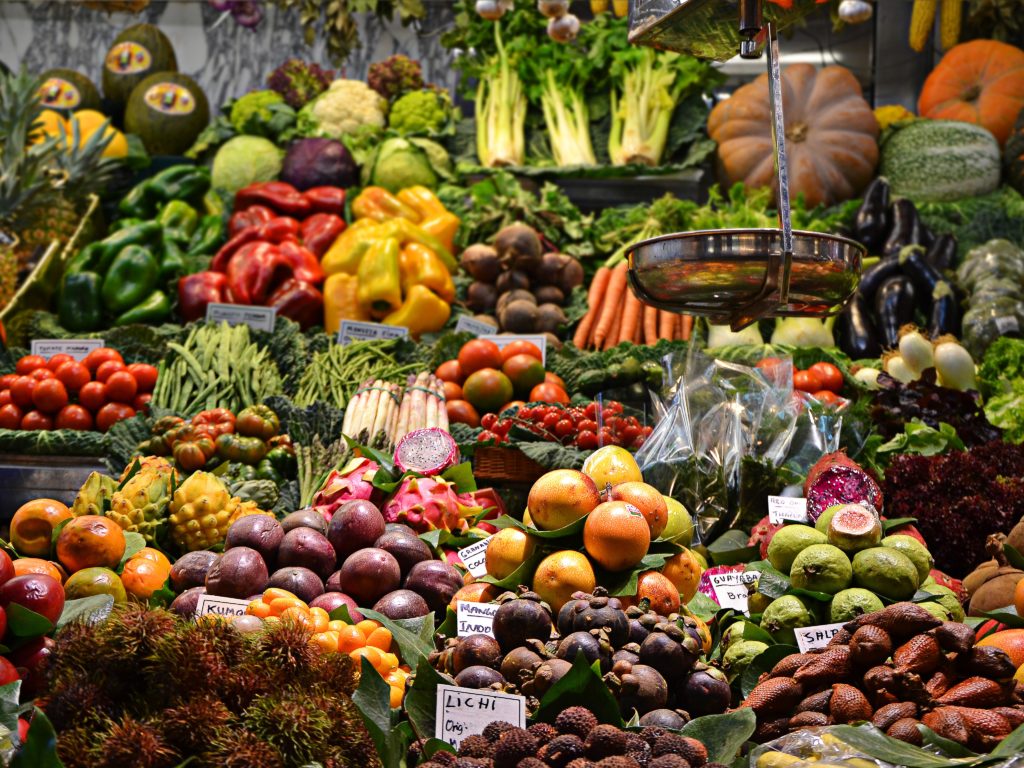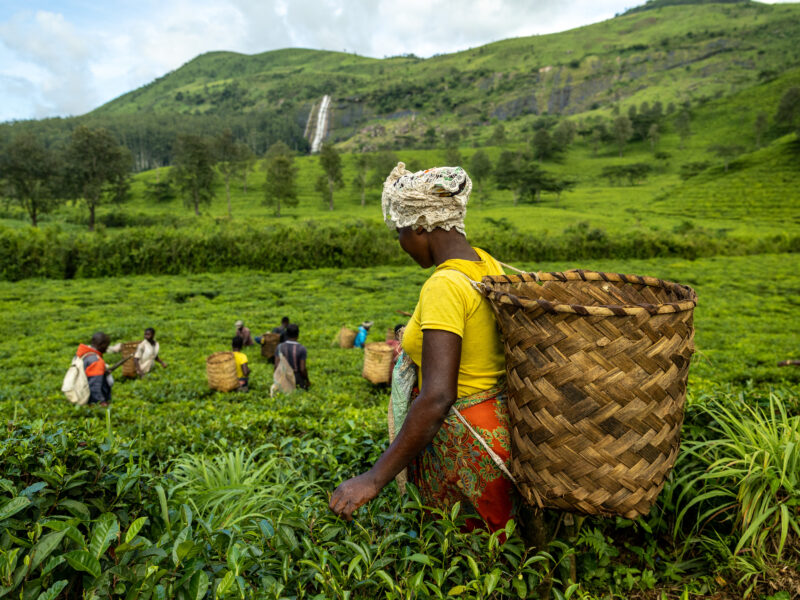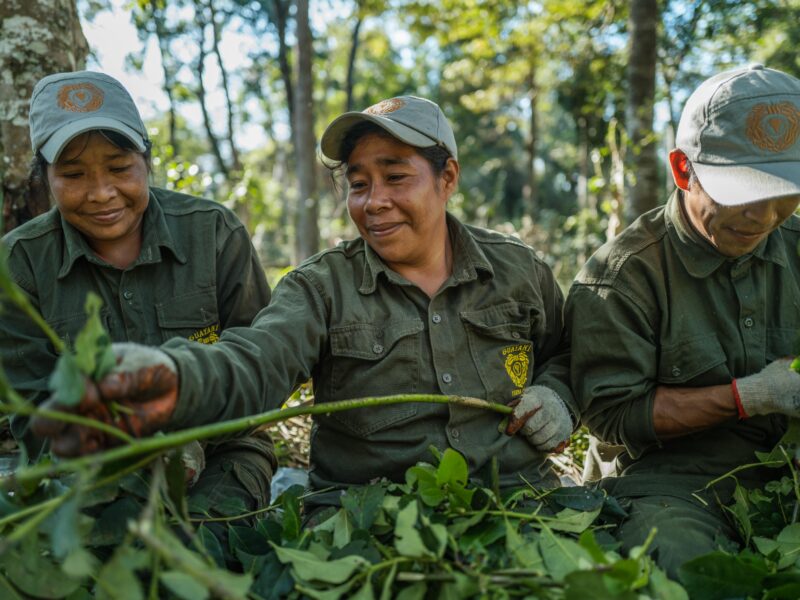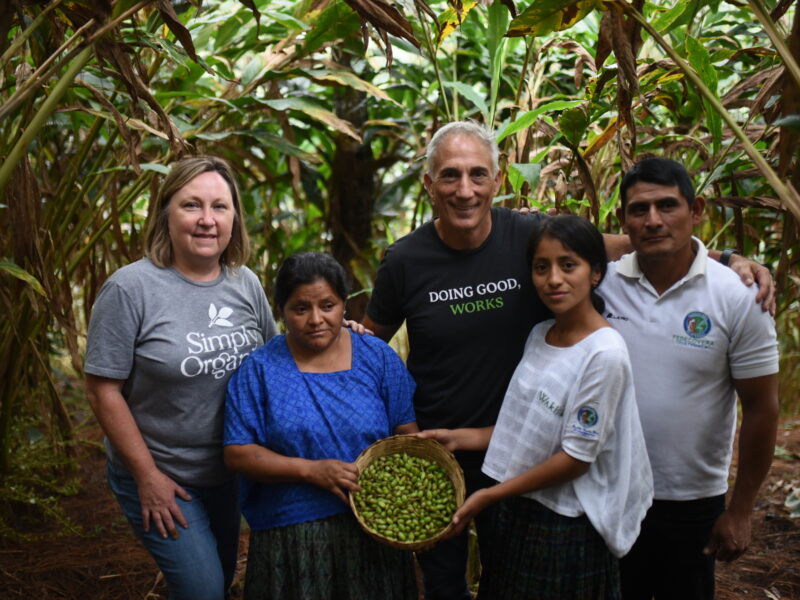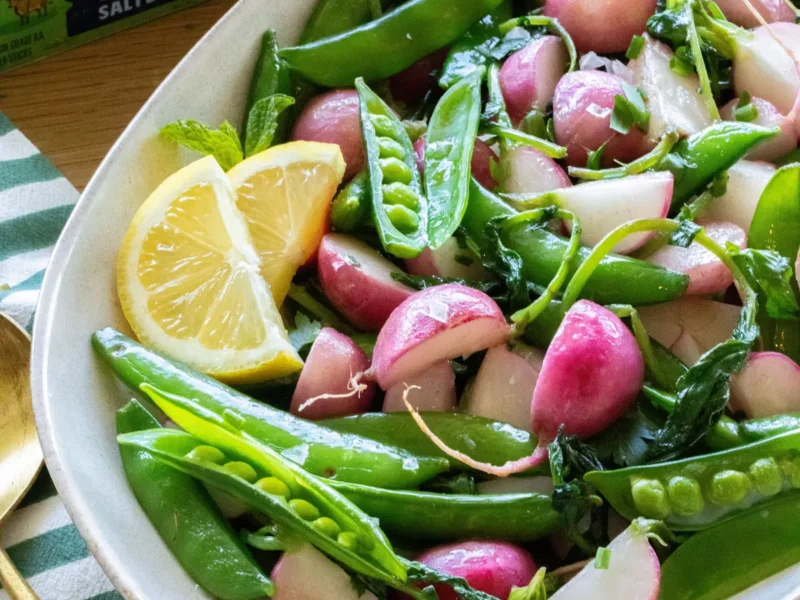A recent study tested for residues of pesticides and herbicides on samples of conventionally grown oat cereals, pinto beans, apples, applesauce and spinach from national chains. The study found that a majority of food samples tested from Walmart, Kroger, Costco and Albertsons/Safeway generic store brands have significant residues of agricultural chemicals. Across the Midwest, the rise of factory farming is destroying rural communities. And the massive corporations behind this devastation are now eyeing a post-Brexit UK market. Large-scale, industrial agriculture is often held up as the solution for feeding the world’s growing population. But small farms—with about 25 acres or less—along with family-run operations produce over 70 percent of the world’s food. Pesticides are all over the St. Lawrence River in Canada— many at levels that hurt fish and invertebrates. Scientists tested the river system and found nearly one-third of the samples had neonicotinoid pesticides at levels higher than the threshold to protect aquatic creatures. Glyphosate and atrazine were in more than 80 percent of samples. Lawmakers who are sitting out a fight to ban chlorpyrifos, a controversial pesticide linked to brain damage in children and farmworkers, have received about 27 times more campaign cash from its primary manufacturer since 2017 than House members pushing for a prohibition on its use.
Are Pesticides In Your Child’s Lunchbox?
A new study tested for residues of those pesticides and herbicides on samples of conventionally grown oat cereals, pinto beans, apples, applesauce, and spinach from national chains. The study found that a majority of food samples tested from Walmart, Kroger, Costco, and Albertsons/Safeway generic store brands have significant residues of agricultural chemicals.
Why we need small farms
Large-scale, industrial agriculture is often held up as the solution for feeding the world’s growing population. But small farms—with about 25 acres or less—along with family-run operations produce over 70 percent of the world’s food.
Pesticides are all over the St. Lawrence River — many at levels that hurt fish and invertebrates
Scientists tested the river system and found nearly one-third of the samples had neonicotinoid pesticides at levels higher than the threshold to protect aquatic creatures. Glyphosate and atrazine were in more than 80% of samples.
DowDuPont Giving Generously To Congressional Opponents of Chlorpyrifos Ban
Lawmakers who are sitting out a fight to ban a controversial pesticide linked to brain damage in children and farmworkers have received about 27 times more campaign cash from its primary manufacturer since 2017 than House members pushing for a prohibition on chlorpyrifos.
How America’s food giants swallowed the family farms
Across the midwest, the rise of factory farming is destroying rural communities. And the massive corporations behind this devastation are now eyeing a post-Brexit UK market.

